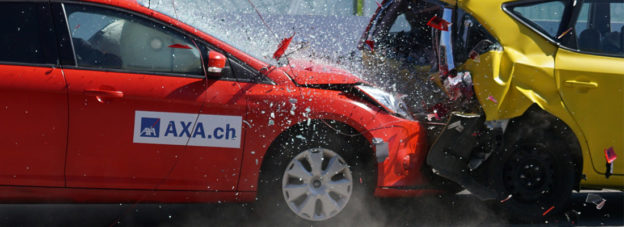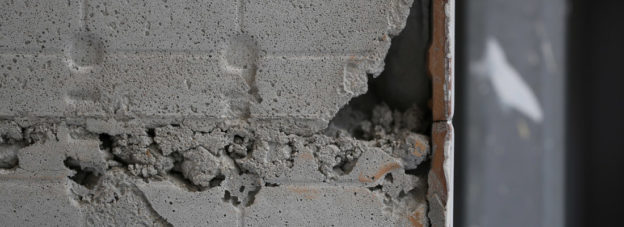In Allstate Ins. Co. v. LG Elecs. USA, Inc., No. 19-3529, 2021 U.S. Dist. LEXIS 127014, the United States District Court for the Eastern District of Pennsylvania considered whether plaintiff’s expert engineer’s opinion that there were two possible causes of a fire—both related to alleged product defects within a refrigerator manufactured by the defendant—was sufficient to support the malfunction theory of products liability. The court found that because both potential causes imposed liability on the product manufacturer and the expert ruled out misuse of the product, as well as all external causes of the fire, it was not necessary for the engineer to identify a specific cause under the malfunction theory. The court also found that the expert’s investigation and opinions met the criteria set forth in Daubert v. Merrell Dow Pharms., Inc., 509 U.S. 579 (1993) and the Federal Rules of Evidence and, thus, were admissible. Continue reading







